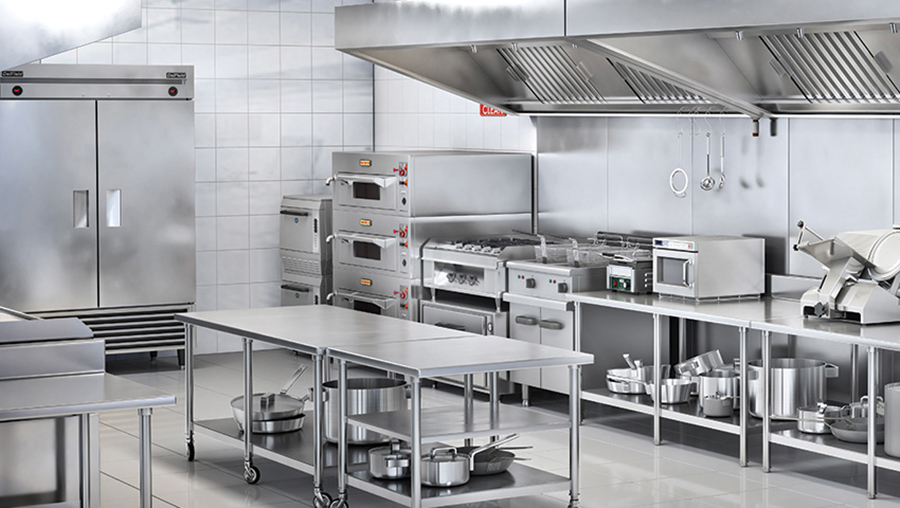
-
 Afrikaans
Afrikaans -
 Albanian
Albanian -
 Amharic
Amharic -
 Arabic
Arabic -
 Armenian
Armenian -
 Azerbaijani
Azerbaijani -
 Basque
Basque -
 Belarusian
Belarusian -
 Bengali
Bengali -
 Bosnian
Bosnian -
 Bulgarian
Bulgarian -
 Catalan
Catalan -
 Cebuano
Cebuano -
 Corsican
Corsican -
 Croatian
Croatian -
 Czech
Czech -
 Danish
Danish -
 Dutch
Dutch -
 English
English -
 Esperanto
Esperanto -
 Estonian
Estonian -
 Finnish
Finnish -
 French
French -
 Frisian
Frisian -
 Galician
Galician -
 Georgian
Georgian -
 German
German -
 Greek
Greek -
 Gujarati
Gujarati -
 Haitian Creole
Haitian Creole -
 hausa
hausa -
 hawaiian
hawaiian -
 Hebrew
Hebrew -
 Hindi
Hindi -
 Miao
Miao -
 Hungarian
Hungarian -
 Icelandic
Icelandic -
 igbo
igbo -
 Indonesian
Indonesian -
 irish
irish -
 Italian
Italian -
 Japanese
Japanese -
 Javanese
Javanese -
 Kannada
Kannada -
 kazakh
kazakh -
 Khmer
Khmer -
 Rwandese
Rwandese -
 Korean
Korean -
 Kurdish
Kurdish -
 Kyrgyz
Kyrgyz -
 Lao
Lao -
 Latin
Latin -
 Latvian
Latvian -
 Lithuanian
Lithuanian -
 Luxembourgish
Luxembourgish -
 Macedonian
Macedonian -
 Malgashi
Malgashi -
 Malay
Malay -
 Malayalam
Malayalam -
 Maltese
Maltese -
 Maori
Maori -
 Marathi
Marathi -
 Mongolian
Mongolian -
 Myanmar
Myanmar -
 Nepali
Nepali -
 Norwegian
Norwegian -
 Norwegian
Norwegian -
 Occitan
Occitan -
 Pashto
Pashto -
 Persian
Persian -
 Polish
Polish -
 Portuguese
Portuguese -
 Punjabi
Punjabi -
 Romanian
Romanian -
 Russian
Russian -
 Samoan
Samoan -
 Scottish Gaelic
Scottish Gaelic -
 Serbian
Serbian -
 Sesotho
Sesotho -
 Shona
Shona -
 Sindhi
Sindhi -
 Sinhala
Sinhala -
 Slovak
Slovak -
 Slovenian
Slovenian -
 Somali
Somali -
 Spanish
Spanish -
 Sundanese
Sundanese -
 Swahili
Swahili -
 Swedish
Swedish -
 Tagalog
Tagalog -
 Tajik
Tajik -
 Tamil
Tamil -
 Tatar
Tatar -
 Telugu
Telugu -
 Thai
Thai -
 Turkish
Turkish -
 Turkmen
Turkmen -
 Ukrainian
Ukrainian -
 Urdu
Urdu -
 Uighur
Uighur -
 Uzbek
Uzbek -
 Vietnamese
Vietnamese -
 Welsh
Welsh -
 Bantu
Bantu -
 Yiddish
Yiddish -
 Yoruba
Yoruba -
 Zulu
Zulu
Compact and Efficient Thread Rolling Tool for Precision Manufacturing Applications
Enhancing Efficiency in Manufacturing with Thread Rolling Tools
In the competitive landscape of manufacturing, precision and efficiency are paramount. As industries strive to optimize production processes, thread rolling tools have emerged as essential instruments that not only improve the quality of threaded components but also significantly enhance productivity. This article delves into the intricacies of thread rolling tools, their advantages, and their applications across various sectors.
Understanding Thread Rolling
Thread rolling is a cold-forming process used to create threads on cylindrical parts. Unlike traditional machining methods, which cut or remove material to form threads, thread rolling deforms the material using hardened dies. This process compresses the metal, resulting in a stronger and more durable thread. The method is especially effective for materials like steel, aluminum, and other metals due to their malleability.
Benefits of Thread Rolling Tools
1. Enhanced Strength One of the primary advantages of using thread rolling tools is the improved tensile strength of the threaded components. The process aligns the grain structure of the material, which results in a denser and more robust thread. This characteristic is particularly beneficial in applications subjected to high stress and fatigue.
2. Cost Efficiency Thread rolling is a highly efficient process that reduces material waste. Since it involves deformation rather than cutting, there is minimal scrap generated. Additionally, the speed of thread rolling allows for high-volume production without compromising quality, leading to lower overall production costs.
3. Improved Surface Finish The thread rolling process typically yields a smoother finish compared to traditional machining methods. This not only enhances the aesthetics of the final product but also improves its functionality, particularly in applications where friction is a concern. A smoother surface minimizes wear and tear, prolonging the lifespan of fasteners and connectors.
4. Precision and Consistency Thread rolling tools are designed to produce threads with high precision. The use of specialized dies tailored to specific designs ensures that each threaded component meets stringent tolerances. This consistency is crucial in industries where safety and reliability are non-negotiable, such as aerospace and automotive manufacturing.
thread rolling tool product

5. Versatility Thread rolling tools can accommodate a wide range of thread sizes and types, making them adaptable to various projects. Whether producing fine threads for delicate applications or larger threads for heavy-duty components, thread rolling tools can be customized to meet specific requirements.
Applications Across Industries
The versatility of thread rolling tools makes them suitable for multiple sectors, including
- Automotive In the automotive industry, thread rolling is frequently used to create components such as bolts, nuts, and screws. These fasteners are critical for assembly and must meet rigorous strength and performance standards.
- Aerospace The aerospace sector relies on thread rolling tools to manufacture lightweight, durable components that can withstand extreme conditions. Fasteners used in aircraft must adhere to strict specifications to ensure safety and reliability.
- Construction In construction, threaded rods and anchors play a vital role in structural integrity. Thread rolling tools enable manufacturers to produce these components efficiently, ensuring they meet building codes and safety regulations.
- Electronics The electronics industry utilizes thread rolling tools to create precision connectors and fasteners that are integral to various devices. The high level of precision required in this sector makes thread rolling an ideal choice.
Conclusion
As manufacturing technology continues to evolve, the significance of thread rolling tools in producing high-quality, reliable, and cost-effective threaded components cannot be overstated. Their ability to enhance strength, reduce waste, and improve surface finish has made them indispensable across various industries. By investing in advanced thread rolling tools, manufacturers can not only streamline their production processes but also contribute to the overall quality and safety of their products. As the demand for precision and efficiency grows, thread rolling tools will remain a cornerstone of modern manufacturing.
